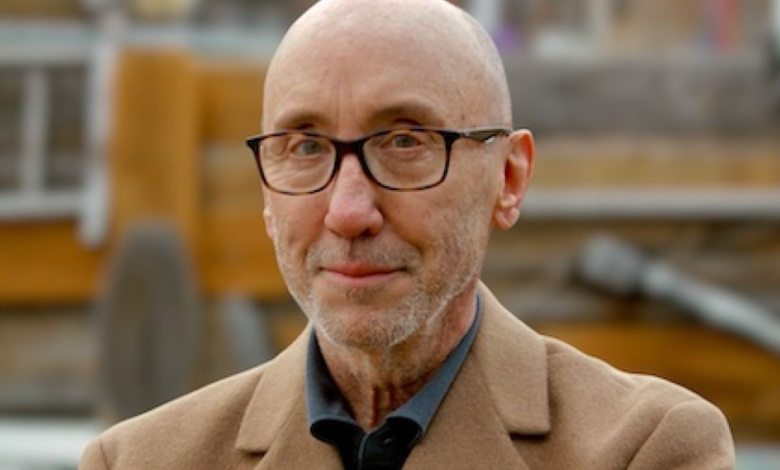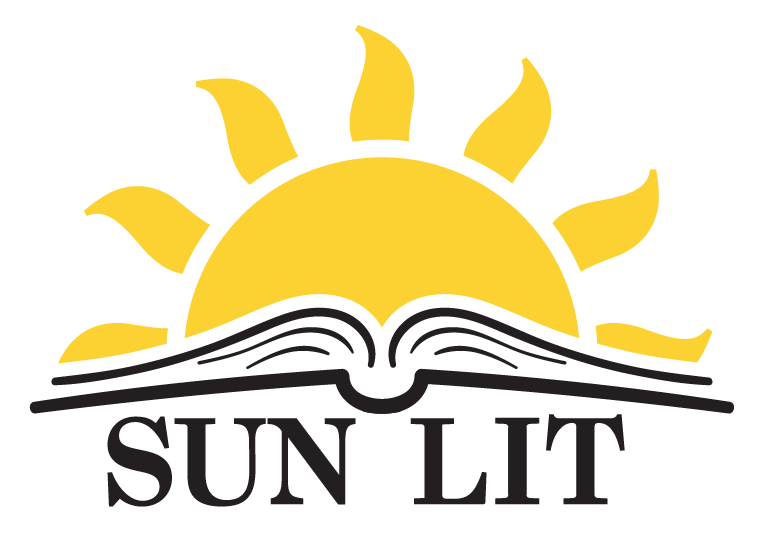Larry Bograd spent years honing structure, narrative of his memoir

Larry Bograd is an award-winning, widely translated author whose works have been published by Farrar/Straus, Harper, and Macmillan. Bograd eventually turned to playwriting, screenwriting and documentary filmmaking. He grew up and currently lives in Denver, Colorado.
SunLit: Tell us this book’s backstory – what’s it about and what inspired you to write it?
Larry Bograd: Two weeks after my 13th birthday, my physician father killed himself. This trauma led me to spend the next four decades learning what I could about him and what may have led to his death. I’ve written and rewritten the memoir many times as new information and insights arrived, and after I decided on a final narrative structure, tone, and chronology.
UNDERWRITTEN BY
Each week, The Colorado Sun and Colorado Humanities & Center For The Book feature an excerpt from a Colorado book and an interview with the author. Explore the SunLit archives at coloradosun.com/sunlit.
SunLit: Place the excerpt you selected in context. How does it fit into the book as a whole and why did you select it?
Bograd: The excerpt represents the opening chapters of the memoir. I selected it to provide readers with the central plot, themes, characters, and emotional tone that unfold throughout “Blood Flow.”
SunLit: What influences and/or experiences informed the project before you sat down to write?
Bograd: Two traumatic experiences informed the project. My father’s suicide just after my 13th birthday and my heart bypass surgery when I was 53 years old. Having written for the stage and screen, I was influenced by how various writers handle monologues and first-person narration.
SunLit: What did the process of writing this book add to your knowledge and understanding of your craft and/or the subject matter?
Bograd: I wrote and revised “Blood Flow” dozens of times over many decades before I “got it right.” These hours and my experience teaching creative writing at Metropolitan State University of Denver (MSUD) helped me hone my narrative skills.
SunLit: What were the biggest challenges you faced in writing this book?
“Blood Flow”
Where to find it:

SunLit present new excerpts from some of the best Colorado authors that not only spin engaging narratives but also illuminate who we are as a community. Read more.
Bograd: At first, the biggest challenge was getting three separate hospitals to grant me access to my dad’s inpatient psychiatric files. Over time, the biggest challenge was craft-based: finding the best narrative structure, chapter length, order of information, adding emotional depth and appropriate humor and so on.
SunLit: What do you want readers to take from this book?
Bograd: That major trauma never escapes an individual, but one can integrate it into their life in productive ways.
SunLit: Why was suicide such a taboo topic when your father died?
Bograd: In many ways, suicide remains a taboo topic. Some cultures treat it as a crime. Other cultures refuse to accept it. It’s interesting how many readers have contacted me to share their own stories of a family member taking their own life. Fortunately, there is much more awareness of mental illnesses like depression and better treatment options than in the 1960s when my father died.
SunLit: Tell us about your next project.
Bograd: I’m completing a short, satirical novel about how contemporary life is increasingly affected by AI, surveillance, paranoia and vengeful politics.
A few more quick items
Currently on your nightstand for recreational reading: “A Marriage at Sea: A True Story of Love, Obsession, and Shipwreck” by Sophie Elmhirst, “The Idiot” by Fyodor Dostoyevsky, “Underland: A Deep Time Journey” by Robert Macfarlane, and “The Stone World,” a novel by the masterful Joel Agee
First book you remember really making an impression on you as a kid: “My Side of the Mountain” by Jean Craighead George
Best writing advice you’ve ever received: Don’t expect to write a decent novel before the age of 40.
Favorite fictional literary character: Jeeves the valet in many hilarious books by P.G. Wodehouse
Literary guilty pleasure (title or genre): Nonfiction books about science
Digital, print or audio — favorite medium to consume literature: Print
One book you’ve read multiple times: “The Great Gatsby”
Other than writing utensils, one thing you must have within reach when you write: Water bottle
Best antidote for writer’s block: Keep in mind that, at first, you’re only writing for yourself, so don’t worry about what others might think: be free, playful, and let writing flow, whether you end up “using” it or not.
Source link
